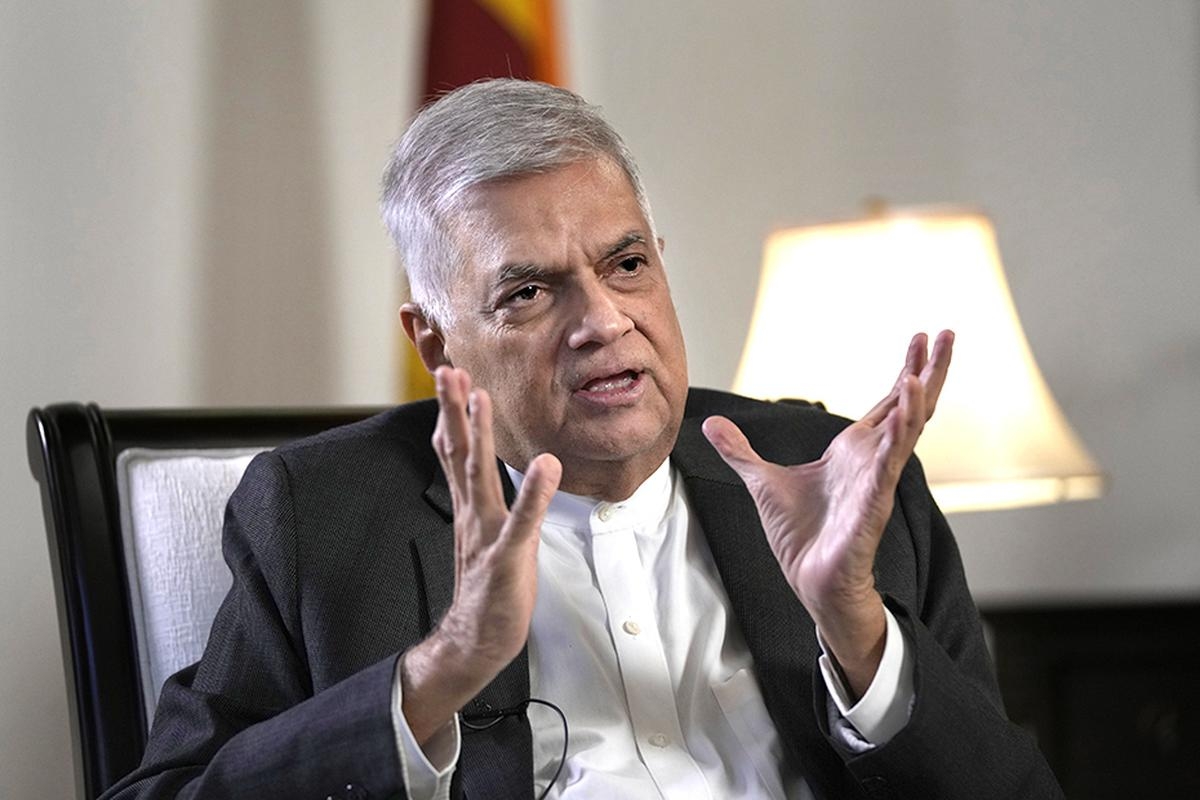In an address at the Defence Services Command and Staff College (DSCSC) Course 17 Award Ceremony, President Ranil Wickremesinghe reaffirmed his commitment to enhancing international collaboration in military education. The ceremony, held at the Nelum Pokuna Theatre in Colombo on Thursday (Dec. 14), marked a significant platform for the President to emphasize the importance of a broader international perspective in military training.
Expressing his pleasure at the diverse international representation among the students, President Wickremesinghe highlighted the need to provide more opportunities for officers and cadets from various countries. He underlined the importance of global collaboration among the three defence academies, recognizing the evolving global landscape and the profound changes occurring in the present decade.
President Wickremesinghe underscored the significance of idea exchange and international interactions, pointing to major geopolitical shifts that are expected to shape new methods, strategies, technologies, and global situations by the end of the decade. He specifically acknowledged the rise of Asian armed forces and their substantial capabilities compared to some Western counterparts.
The President delved into the implications of technological advancements, Artificial Intelligence, 3D printing, and the transition from fossil fuels. Emphasizing the changing nature of conflicts, he addressed ongoing wars and insurgencies, with a notable focus on the conflict in Gaza. President Wickremesinghe highlighted the political nature of this conflict and its impact on global public opinion.
Drawing parallels to historical events like the 'Tet Offensive' during the Vietnam War, President Wickremesinghe discussed the unique aspects of modern warfare, where battles extend beyond traditional battlefields into homes through media coverage. He pointed out the intricate relationship between political strategies, global media, and the evolving nature of warfare.
In his concluding remarks, President Wickremesinghe urged the audience to recognize the changing nature of war, emphasizing the intertwining of politics and military actions. While acknowledging the uncertainty of how these shifts would unfold in the future, he entrusted the next generation to navigate the complex geopolitical and military landscape that lies ahead.










